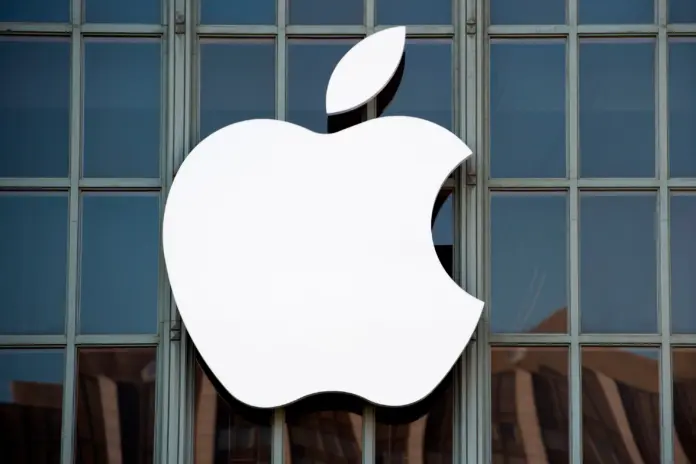The current U.S.-China trade war tensions are igniting once more, and Apple is not immune. While partial tariff relief for selected electronics components eases tensions somewhat, the situation is still highly volatile. The new tariff policies of the Trump administration are rewriting global manufacturing plans and compelling tech titans, including Apple, to question their China-focused production models.
Apple, however, is experiencing mounting pressure. The company reportedly intends to move up to 40% of its supply chain out of China. The strategic decision points to Apple’s increasing worries regarding tariff volatility, increased labor expenses, and geopolitical uncertainty in the country.
Tariffs Force Tech to Reroute
The most recent round of tariffs has a proposed 145% increase on Chinese-assembled tech products. While some electronic parts continue to be exempt, the overall tariff situation is troubling for manufacturers. Chinese suppliers of Apple say the immediate effect of tariffs remains contained but allow that risks are developing at a rapid rate.
To adapt, Apple and other firms are diversifying. Manufacturing is moving to Southeast Asia, such as Vietnam and India. These nations have lower costs and fewer political complications. Manufacturers based in Vietnam are walking cautiously, hoping the temporary reprieve from further tariffs provides them with space to expand.
Also read: Sean ‘Diddy’ Combs Faces Sex Trafficking Charges and Upcoming Trials
China’s Response and the Ripple Effect
China hasn’t made these moves lightly. The country is counterpunching with its own series of policies that may further wreak havoc on the global electronics marketplace. Tariff tit-for-tats have generated a spirit of uncertainty. Chinese suppliers to Apple, being squeezed, now are charging importers additional costs, creating a new layer of complication to the global technology trade.
The tariff war is also affecting Taiwan. With the U.S. exempting chips but hitting other strategic tech exports, Taiwan is presented with a worst-case scenario: losing influence in a precarious supply chain. Local producers are preparing for additional shocks if talks do not ease tensions.
Semiconductor Supply Chains in Jeopardy
The chipmaker industry, already thin, is holding its breath. Tariffs placed on Chinese competitors might bring short-term gains to U.S. chipmakers. But the long-term forecast is uncertain. Supply chain dependencies ensure everyone takes the hit sooner or later. Trump’s assertive tariff strategy casts a long shadow over the whole semiconductor global ecosystem.
Technology titans such as Intel and Nvidia are refocusing and diversifying. Most are trying to decrease reliance on Chinese manufacturing bases, even as China increases domestic GPU manufacturing in response to outside pressure.
Also read: Winter Storm Warning in Michigan’s Upper Peninsula: Up to 9 Inches of Snow, High Winds Forecast
Apple’s High-Stakes Balancing Act
For Apple, it is a tricky situation. China is still a huge market and a critical manufacturing hub. But the growing risk of tariffs, supply chain slowdowns, and cost increases makes dependence on China more and more untenable. Apple is attempting to find a balance—maintaining its presence in China while speeding up investment elsewhere.
Switching 40% of production from China is no easy task. It involves wholesale supplier changes, logistics redesign, and long-term commitments to alternative manufacturing centers. But Apple seems bent on weathering the tempest, even if it comes at the expense of initial turmoil.
Conclusion: A New Global Tech Landscape
The spreading U.S.-China trade war for tariffs is remaking the world’s tech landscape. Apple is only one among many that must make tough decisions. As the U.S. heightens its resolve and China retaliates, supply chains are being rewritten in real time.
Uncertainty still runs high. For the present, the world of technology is in a frantic—diversifying, remigrating, and getting set for whatever unfolds. One thing is certain though: the day of relying disproportionately on Chinese manufacture may be closing, and a company like Apple is taking its lead into the new, more uncertain world of global economy.








